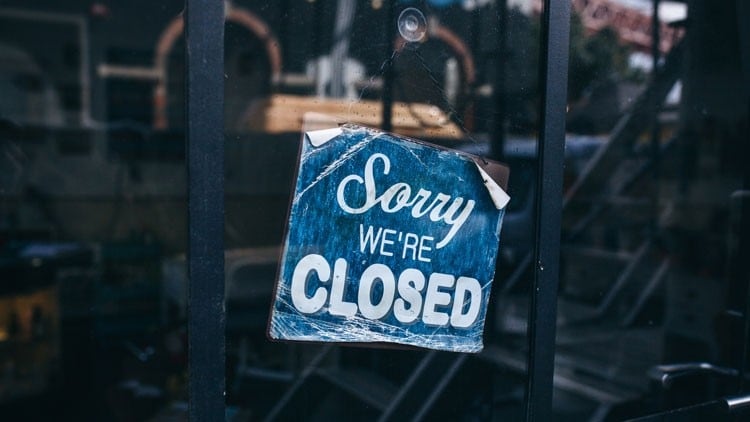The latest company insolvency statistics show accommodation and food service insolvencies rose from 296 in May 2025 to 307 in June 2025, reflecting a 4% month-on-month rise and the highest monthly figure since November 2024.
As noted by London-based turnaround and restructuring firm Buchler Phillips, the number of monthly hospitality insolvencies has remained consistently over 270 so far this year.
“It’s not getting any easier out there; if anything, it’s tougher,” says Jo Milner, managing director of Buchler Phillips.
The total number of accommodation and food service insolvencies is down 5.5% on the 1,806 recorded in the first half of 2024.
However, Buchler Phillips adds that the second quarter of 2025 saw a 6.5%% increase in insolvencies across the industry compared to the first, with 880 companies going to the wall between April and June.
“Hospitality is stuck near the top of the insolvency league table for now, anchored there by pressure on consumer spending and a number of forces behind higher staff costs,” Milner adds.
Separate analysis of June’s figures by RSM UK shows that annual insolvencies in the sector were down 5% from 323 in June 2024.
“We’ve not hit the heights of last year’s spike, but insolvencies continue to creep up which is a worrying, but not unexpected trend,” says Saxon Moseley, partner and head of leisure and hospitality at RSM UK.
“The hospitality industry has been acutely hit with higher staff costs and rising inflation, and when you overlay subdued sales, continuing to operate has become unviable for some.”
Moseley echoes calls made by industry trade bodies including UKHospitality for the sector to receive greater financial support in this autumn’s Budget.
“With many operators still in survival mode, the industry is struggling and as a key job creator, particularly for younger workers, a fragile hospitality industry presents an economic headache for the UK,” he adds.
“Taking steps to overhaul the business rates system, plus supporting the industry to respond to recent tax increases would allow operators to not only weather the storm but invest in jobs for the future.”


